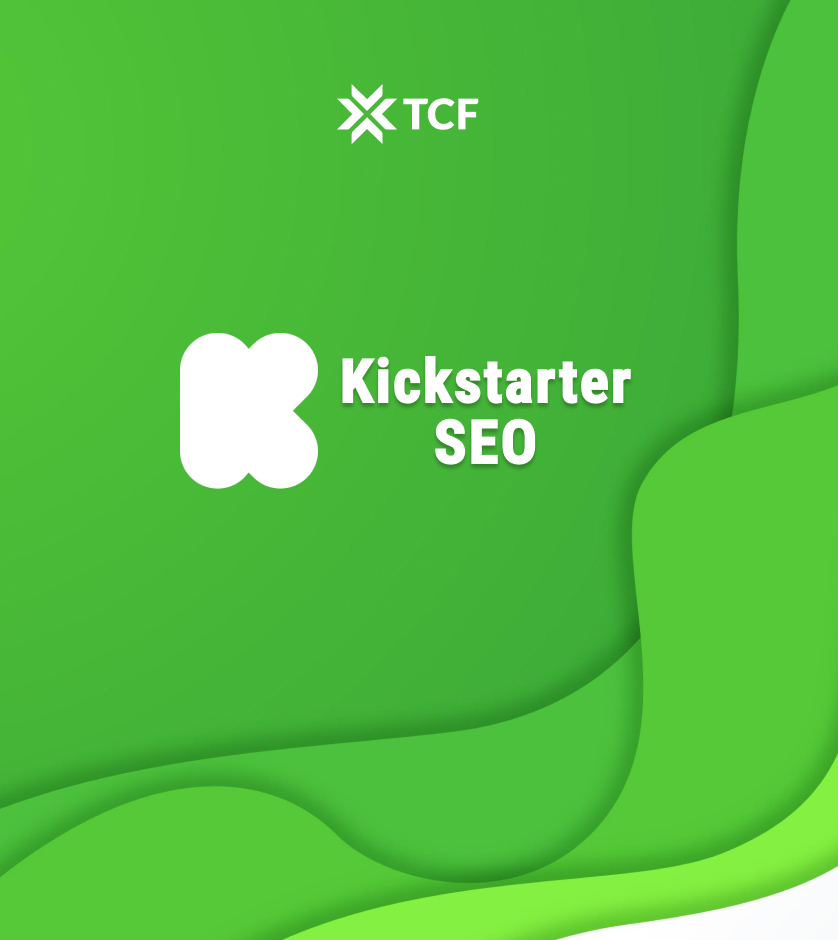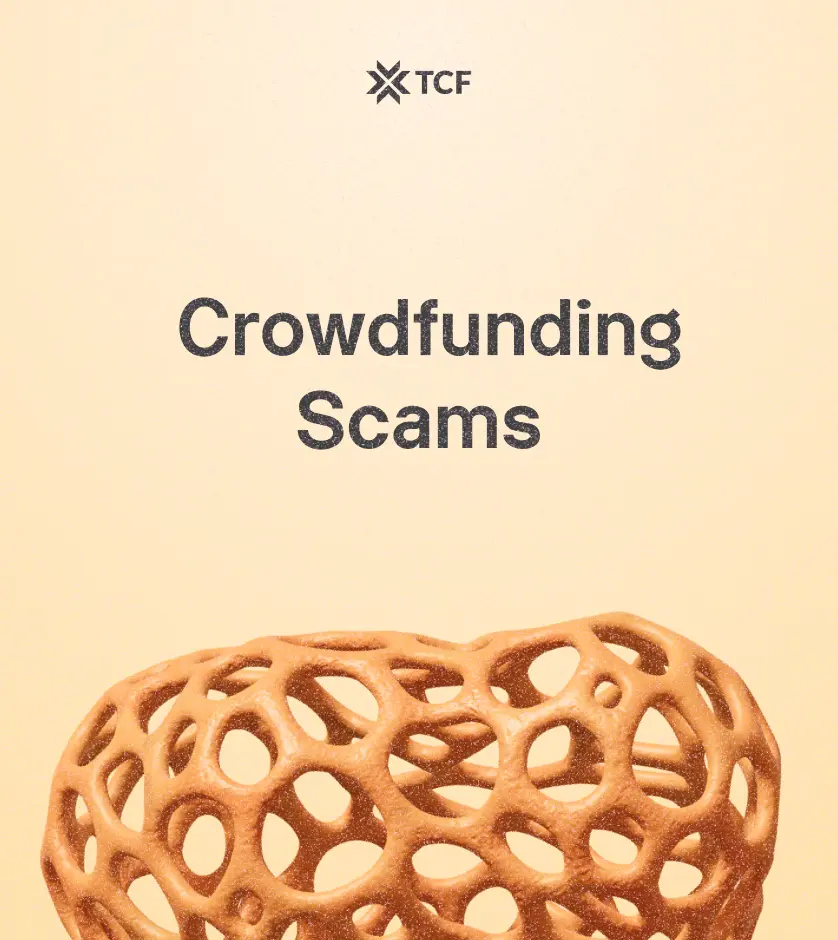In the digital age, search engine optimization (SEO) is the secret recipe for online visibility and success. But what if you’re running a Kickstarter campaign? Traditional SEO strategies seem almost irrelevant when you’re racing against the clock to fund your creative project. Yet, SEO principles can be adapted to give your Kickstarter venture the boost it deserves.
Project-based Keyword Research
Just like any SEO strategy, keyword research is king. Before launching your Kickstarter campaign, it’s pivotal to define your target audience. Understanding who you’re aiming to reach—whether it’s technology enthusiasts, eco-conscious fashionistas, or lovers of handcrafted goods—allows for more precise and impactful keyword selection. This strategic focus ensures your SEO efforts resonate with the most receptive audience.
But here, instead of ranking for products or services, you want to identify the phrases potential backers are searching for. A great tool for this is Google’s Keyword Planner where you look for terms like “innovative stationery,” “sustainable clothing,” or “handcrafted jewelry.” Use long-tail keywords related to your niche for the best opportunity.
Here’s an example: If you’re launching a high-tech plant-growing assistant, phrases like “smart gardening solution,” “automated plant care system,” or “AI-assisted home gardening” could give your campaign a search engine edge.
Focus on using relevant keywords in the project title and description
Integrating your keywords naturally into your project’s title and description is crucial. The title is the first thing a potential backer sees. It should be clear, concise, and keyword-rich — think of it as your headline.
For instance, a project titled “The Future of Home Gardening – AI Plant Care System” clearly targets the keywords “home gardening” and “AI plant care,” likely to be searched by people interested in innovative home solutions for plants.
In your description, expand on the title with more detail and context. Use bullet points to break up text, making it easy for someone to skim the page and understand the benefits and features.
Use relevant keywords in tags
Tags are often an afterthought, but they play a critical role in SEO for Kickstarter. Include relevant, non-repetitive keywords to increase your project’s findability. Use a variety of terms to cast a wider net.
Imagine a project for a new music streaming service. Tags could include “indie artist platform,” “high-fidelity audio,” “curated playlists,” “offline listening,” and “user-friendly.” These tags mirror the phrases a music lover might use when searching for a new streaming service.
Make sure your copy is unique
Copying and pasting descriptions from other sources can harm your campaign’s chances. Duplicate content not only affects SEO but also makes your project look unoriginal. Craft a unique narrative that highlights the distinctive aspects of your idea.
For a fashion campaign, this may mean telling the story behind the designs, the sourcing of sustainable materials, or the ethnic inspirations of the collection. Unique content not only aids SEO but also engages readers and can make a difference in a backer’s decision to fund your project.
SEO no-nos to avoid with Kickstarter campaigns
Even though we discussed the importance of keyword integration into your title and description, there’s a fine line between that and overdoing it. Avoid the temptation to stuff your title, description, or tags with keywords. This can look spammy and detract from the quality of your content. Use keywords in moderation and always prioritize readability.
Additionally, strategies to drive traffic that use hidden content or links, cloaking (where content presented to a search engine is different from that presented to the user), or irrelevant tagging are likely to backfire.
Remember, the goal is to create an engaging campaign that resonates with your audience, not just to attract site visitors. Ethical SEO practices always win in the long run.
Wrapping it up
Incorporating SEO into your Kickstarter marketing strategy can give your project the visibility it needs to succeed. By understanding how your project can be found and leveraging that through thoughtful keyword placement, you can organically attract a crowd of supporters.
SEO for Kickstarter may not look like traditional website or blog SEO, but the principles remain the same. Make your project easy to find for those already interested in what you’re offering, and the rest will follow. Good luck with your campaign, and may your funding goals be reached and exceeded!




Comments